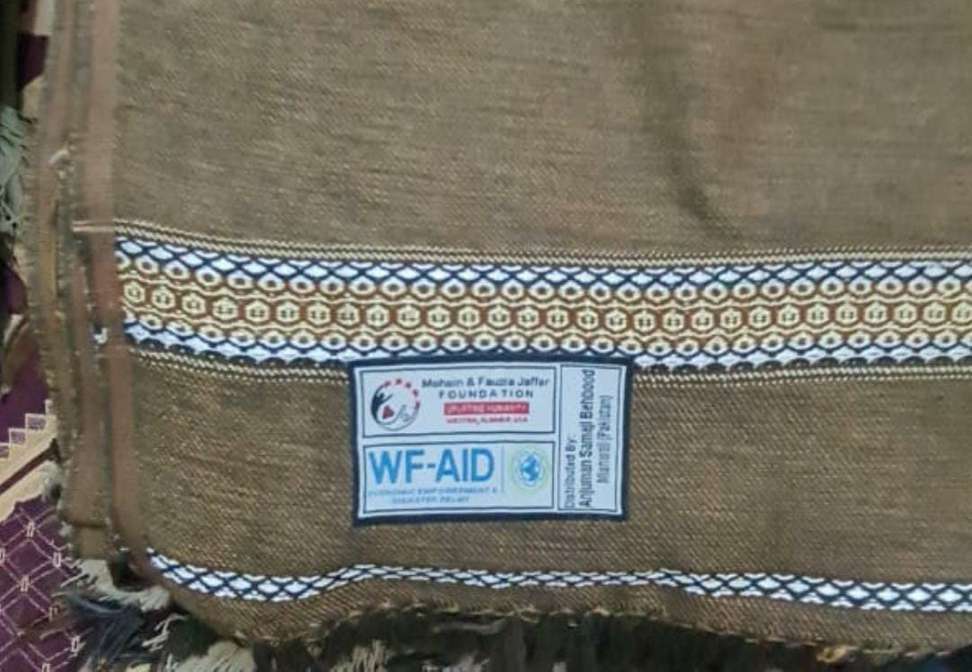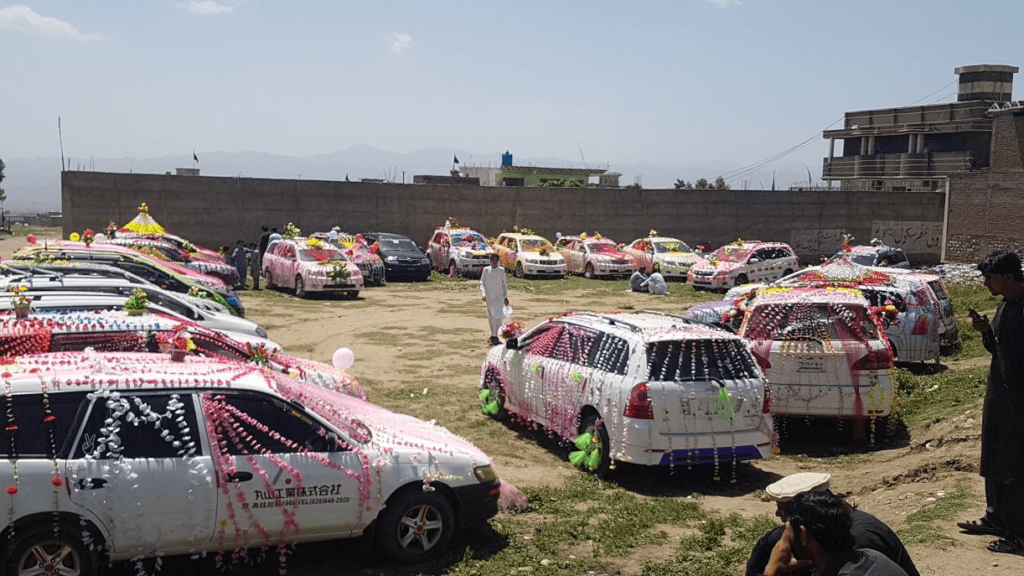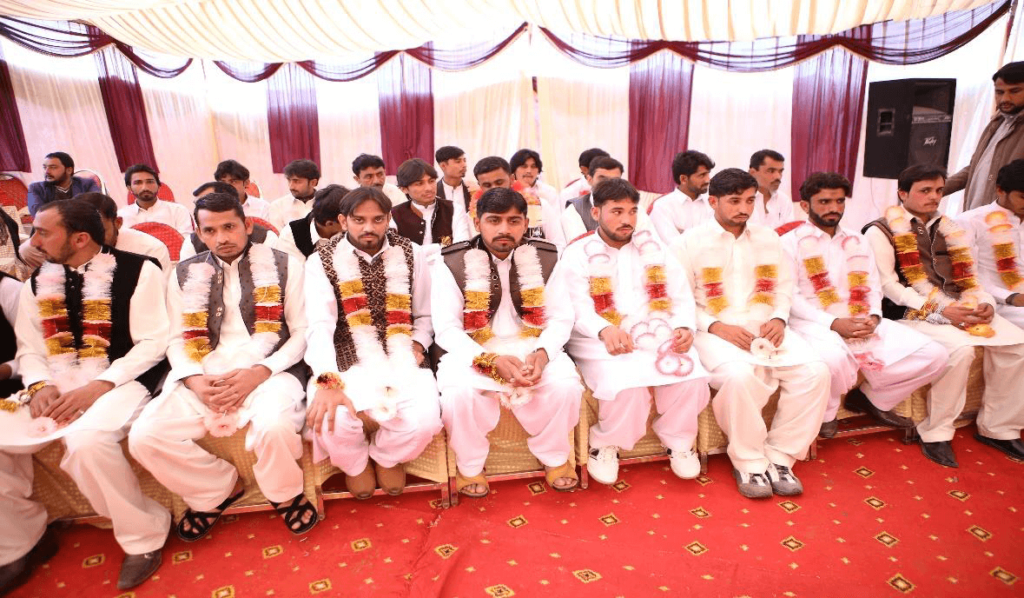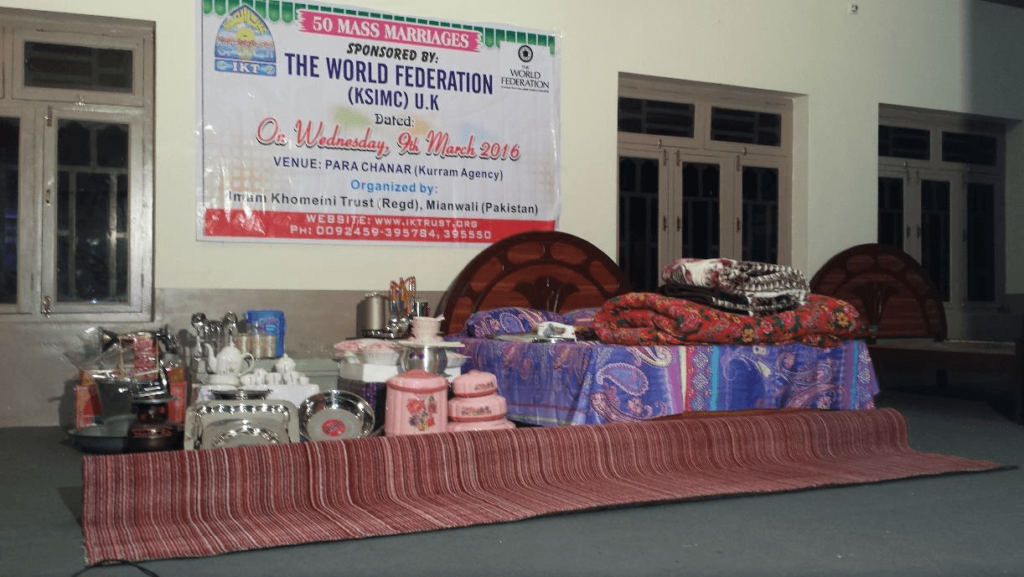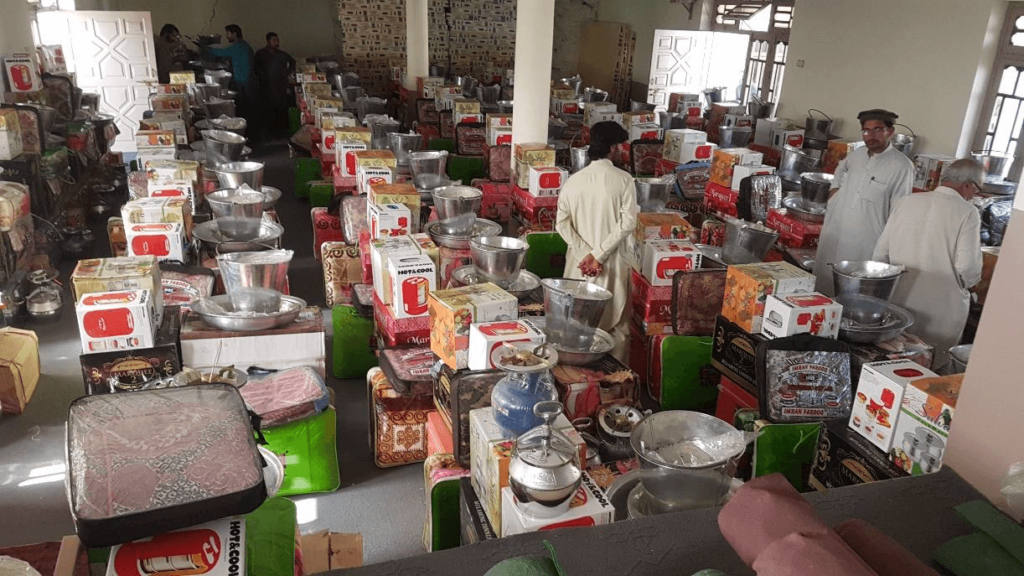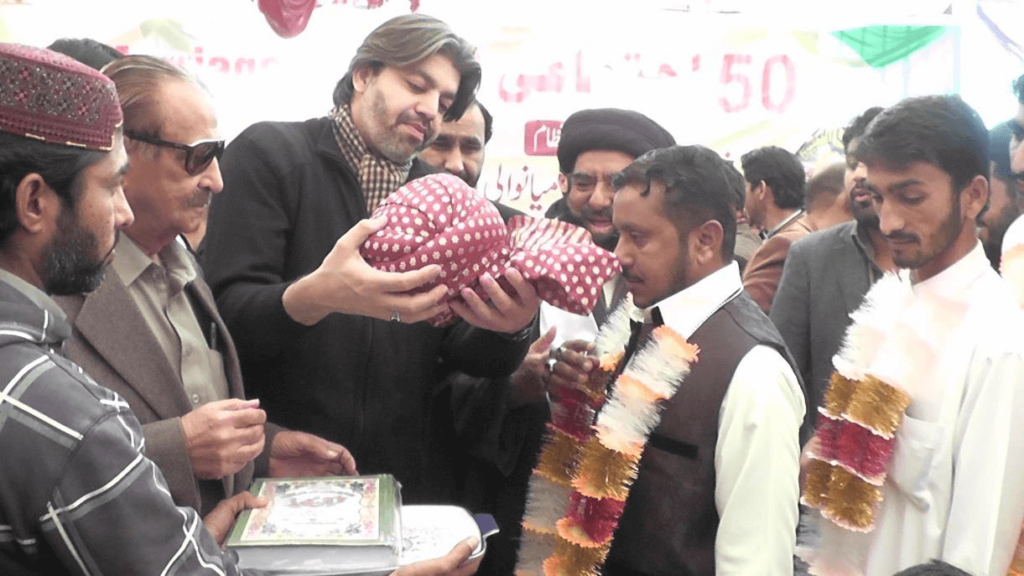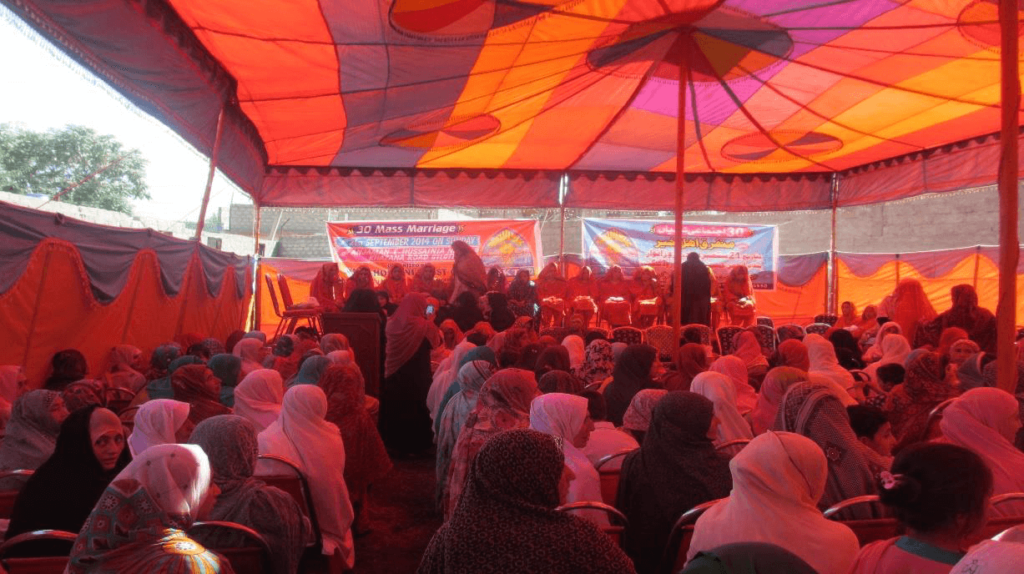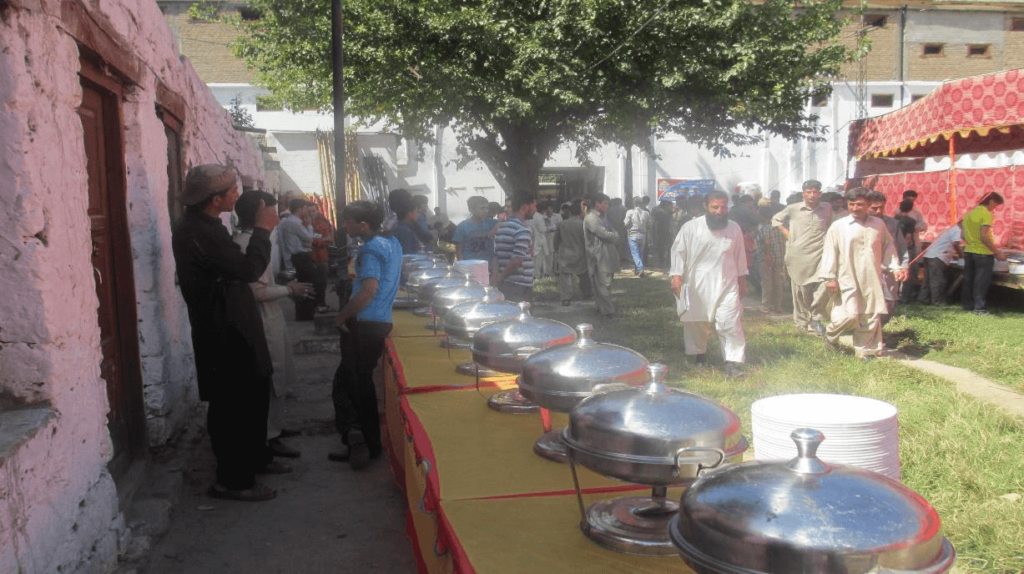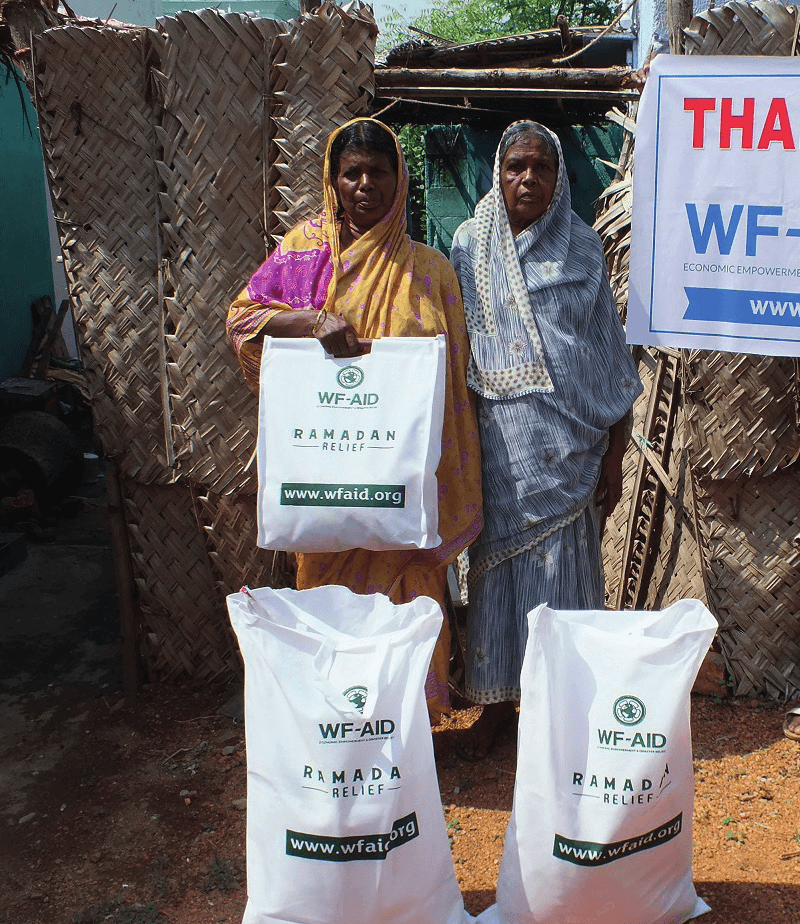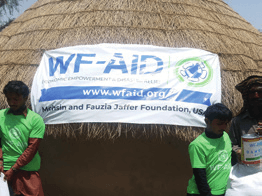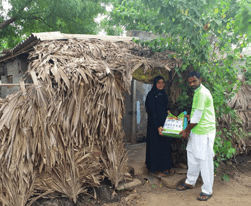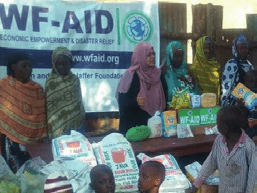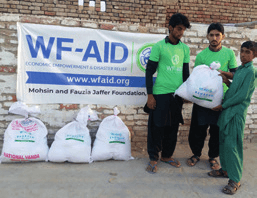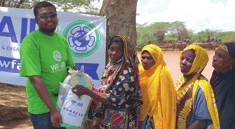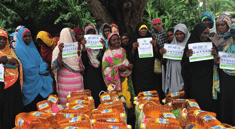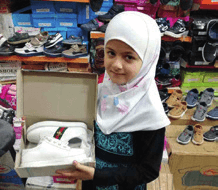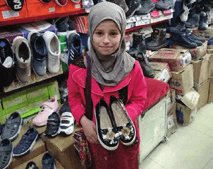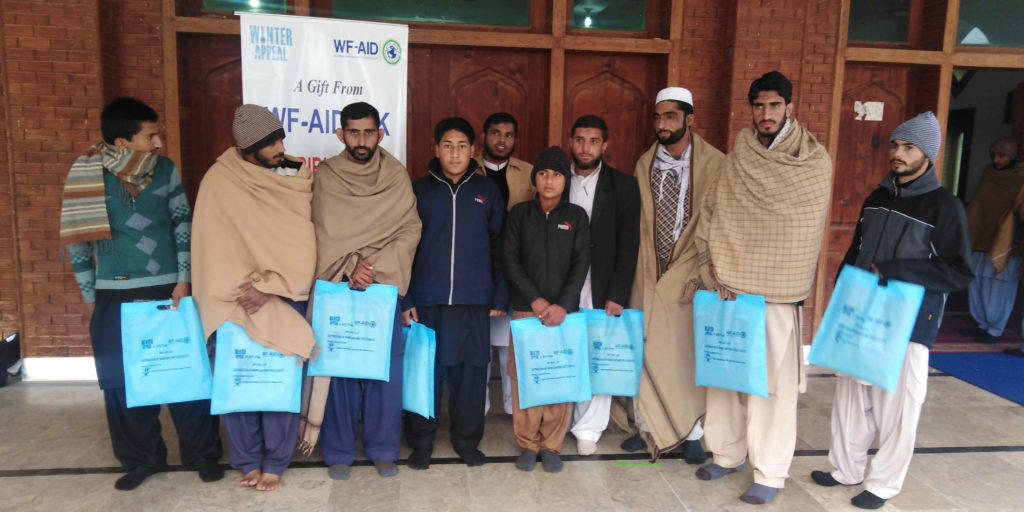
As the temperatures plummet this winter, hundreds of thousands of families face a daily battle to stay alive without the heating, food, and clothing they desperately need. Winter generally brings higher expenses, such as heating bills and warm clothes, but for families who already struggle throughout the year, they can’t afford the higher bills. They risk illnesses, and potentially, death. Refugees, who have no option but to live in make-shift shelters, exposed to the elements, are left to worry if their children will die from freezing or starving to death.
WF-AID are working in Afghanistan, Iraq, Yemen, Lebanon, Bangladesh, India, Pakistan, and the United Kingdom to distribute winter essentials to help them through these bitter months.
With respect to Pakistan, we are embarking on a project to distribute winter essentials to needy individuals and families across northern areas where the winter is particularly severe. Our ground partners are working
in Skardu, Gilgit, Astore, Parachinar, Mianwali & D.I.Khan, giving help to those living in poorly made settlements. With no defence against the cold, winter conditions, the reality is that these vulnerable people could die as they can be trapped from the poor infrastructure caused by adverse weather. They suffer from a restriction on income as the conditions cause a standstill in their daily lives, leading to a heightened vulnerability.
To help them during these harsh winter months, we are providing widows, orphans and the general needy with thick quilts, blankets, and shawls. This would be of great support for their physical and mental conditions, being able to go about their normal activities with some warmth.
Locations
The aforementioned locations where WF-AID are targeting the project are all either overwhelmingly Shia or have a significant minority of Shia population, most of whom have suffered persecution or are currently in a destitute condition.
Parachinar
This is a town in the province of Khyber Paktunkhwa and is the capital of Kurrum District. The town is connected to Afghanistan by the Peiwar Pass, a strategic valley located 20km west of Parachinar, where heavy snowfall closes the region for up to five months per year. The town has been frequently hit by terrorist attacks against the Shia population, with over 500 people being killed since 2007. This has left numerous widows and orphans without any support. Due to the geography being on a hilly area, Parachinar has extreme climates, with harsh winters and hot summers.
Gilgit Baltistan
This is the northernmost territory administered by Pakistan part of the greater Kashmir region on the China and Afghanistan border, where the Hindu Kush mountains and the K2 peak are. The towns of Skardu, Gilgit and Astore are all part of this region where the ground agency is targeting the relief efforts. These areas suffer from extremely cold temperatures in the winter, where it often remains cold during the nights even in summer. Snow is common for four months.
District Mianwali
Located in Punjab Province, this hilly area suffers from temperatures extremes – with long, hot summers and cold, dry winters. It is a remote one of the poorest districts in Punjab. Most of the Shia population are settled near the River Indus, where they suffer from loss of property and life each time the flood banks break.
Project Specific
WF-AID would like to request the support of The Mohsin & Fauzia Jaffer Foundation, USA, to distribute warm shawls and material for shalwar kameez to the needy beneficiaries in the aforementioned locations.
These will be made out of warm woollen material to keep the beneficiaries warm from their heads up to their waist. The warm dress and shawl can be used continuously throughout winter for 2-3 years, improving the sustainability of the relief initiative.
Beneficiary Stories
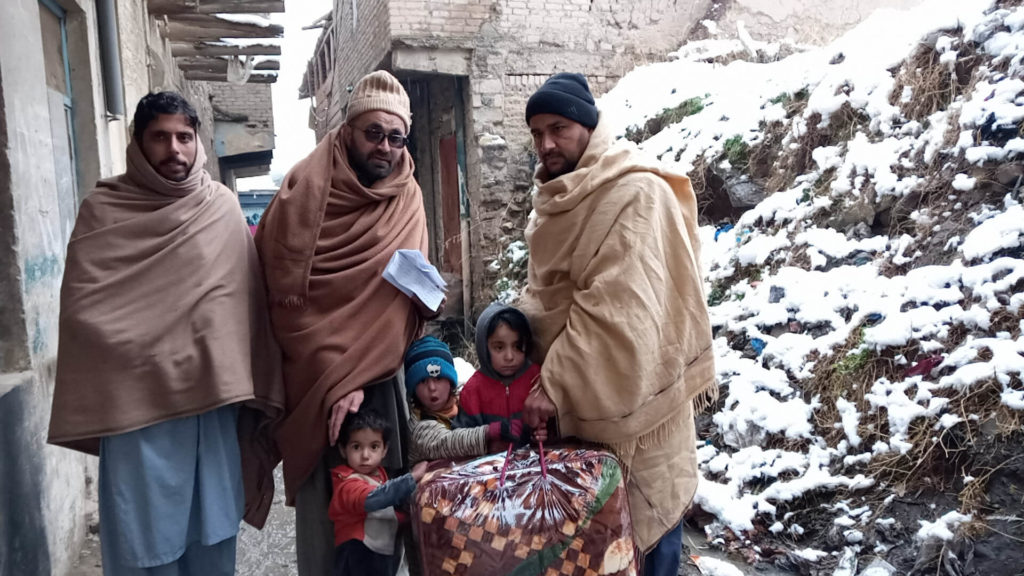
The following are real-life beneficiary stories from WF-AID’s Winter Appeal in Pakistan last year. Name changed to protect identity.
Zeeshan Haider, 6th class at a school in Mari Indus, is an orphan. His father died 2 years ago. His siblings are 6 sisters and 2 brothers, who are being brought up by their relatives. The extended family are so poor they are unable to buy Zeeshan and his siblings proper clothing. He was without adequate clothing during the winter months at school. WF-AID provided a sweater to him and his siblings and protected him from the bitter cold.
Muhammad Ramzan, of D.I. Khan, was initially a resident of District Tannk, KPK. He was a labourer to earn resources for his family as a father of 7 children. After the worst of the sectarian conflict and the targeting of Shia Muslims in the region, he and his family migrated to Jabbar Wala to save their own lives and he worked as a labourer cultivating the land of villages. This is one of the most demanding and lowest paying work in rural Pakistan. When the distribution team providing him and his family with warm winter clothing, he was weeping and his hands were in the air with countless prayers for those who supported his family.
Budget Breakdown
The cost of these warm shawls and material is approximately USD $16 for each piece An ideal quantity for the initiative would be 1,000 units in total. Therefore, the total request is for USD $16,000 along with the WF-AID project implementation and operational amount of 5% ($800).
| Item Description | Quantity | Total (in USD) |
| Woollen Shawls & Woollen Material (for Shalwar Kameez) | 1,000 | $16,000 |
| WF-AID Admin | $800 | |
| TOTAL | $16,800 |
